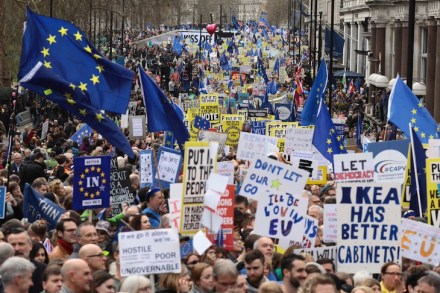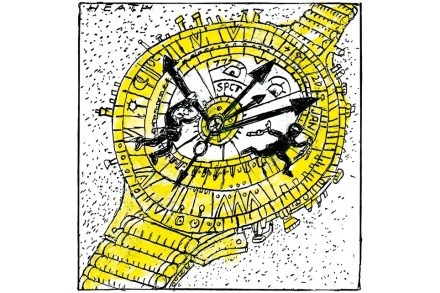How will Remainers cope with a right-wing Europe?
I love to make up new words and see them gradually used more by others – for a writer, there’s no greater thrill. My brilliant ‘cry-bully’ – coined in this magazine back in 2015 – has probably been the most successful, to the point where it’s sometimes amusingly used by cry-bullies themselves, Owen ‘Talcum X’ Jones being the wettest and most bellicose example. Then there’s ‘Frankenfeminism’ (centering the fetishes of cross-dressing men over the rights of women while identifying as a feminist) and ‘Transmaids’ (the people who do this.) But the one I’m most pleased with, though the least used, is Le Grand Bouder, or – to translate it into a lovelier





















